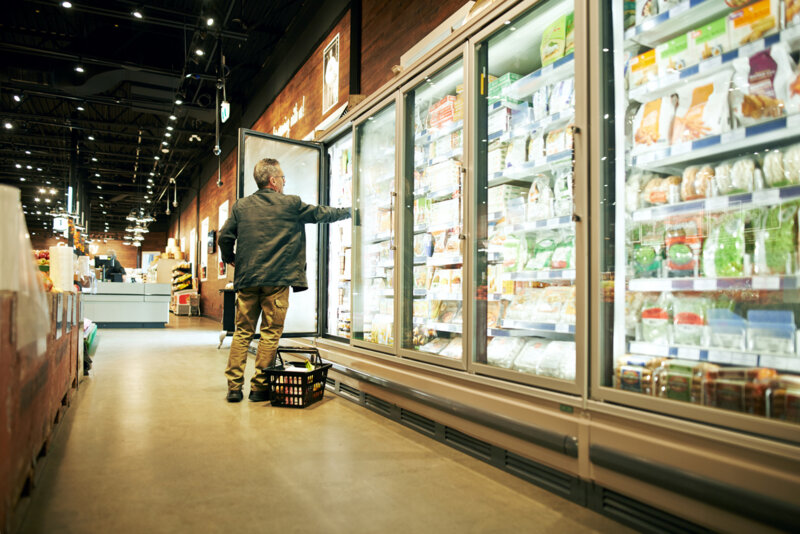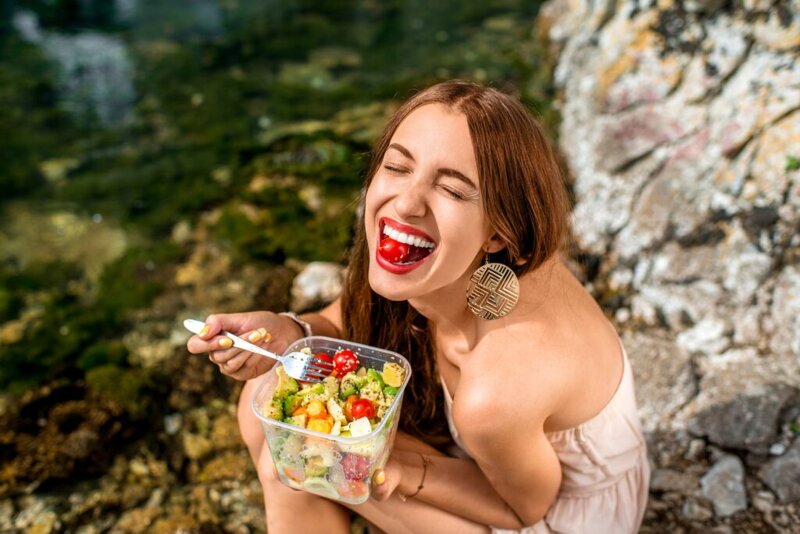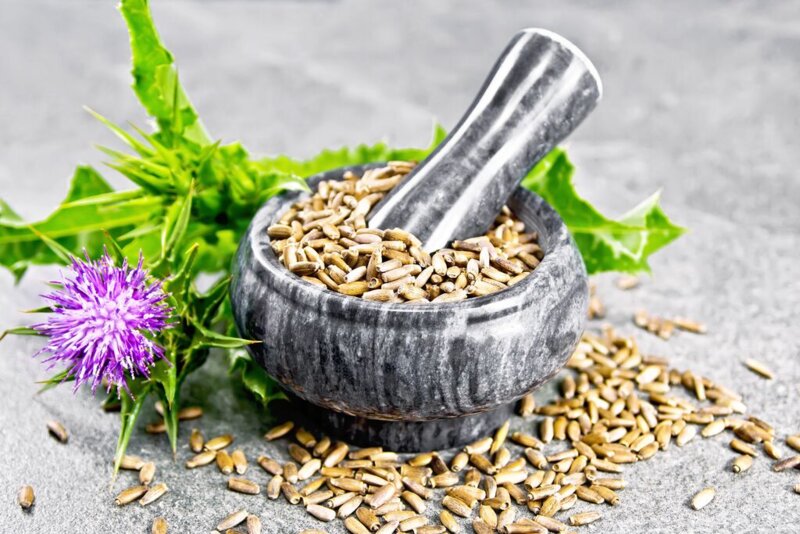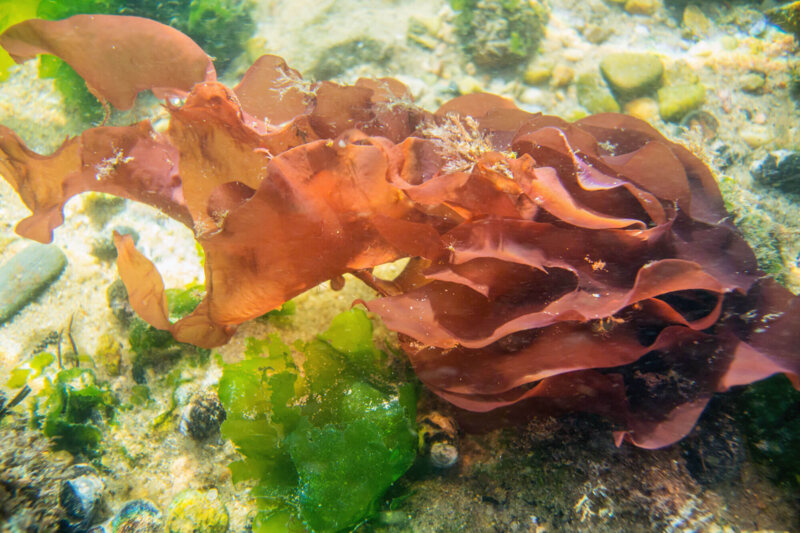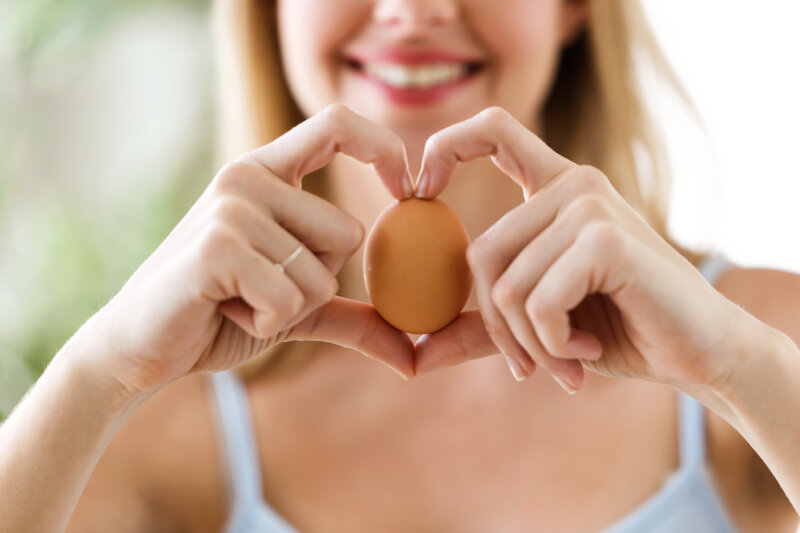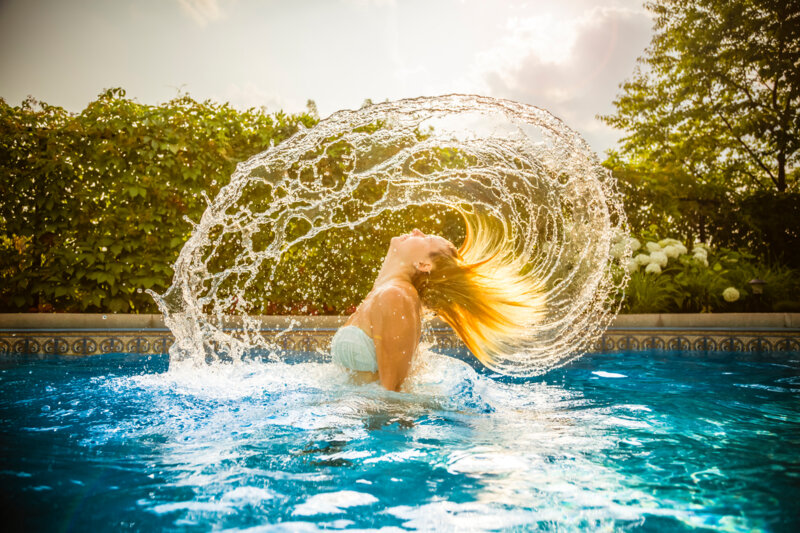Collagen is one of the most important anti-ageing substances. It is a structural protein that supports the elasticity and firmness of the skin, bones, tendons, ligaments and muscles. There are many beauty drinks with collagen - including more and more products with "vegan collagen". We explain what's in the vegan collagen boosters and give tips on what to look out for when choosing plant-based collagen alternatives.
Trend: Vegan collagen - and what's behind it
Anyone looking for anti-ageing or better-ageing products for the skin, bones, tendons, ligaments and muscles will increasingly come across the term "vegan collagen". This term suggests that these are dietary supplements containing collagen - only without animal ingredients. However, this is not true. To understand this better, let's first explain what collagen is and what we need it for.
What is collagen?
Collagen is an important structural protein that our body produces itself. It provides support for joints, muscles and tendons and ensures that the skin and connective tissue remain elastic. From around the age of 25, however, the body's own collagen production decreases. The skin becomes flabbier, the first wrinkles appear and the connective tissue loses its firmness. The collagen content in the joints, muscles and tendons also decreases with age.
Dietary supplements containing collagen can help to delay this process. However, as collagen is of animal origin, these products are not suitable for vegans.
How beauty drinks with vegan collagen alternatives work
People who want to promote inner beauty and health and at the same time value vegan products for ethical or sustainable reasons can turn to plant-based collagen alternatives. The vegan beauty drinks contain proteins or amino acids and selected vital substances that support the body's own collagen production and therefore promote inner beauty and health.
Vegan collagen alternative - 5 benefits of rice protein hydrolysate
Better ageing is a holistic approach to slowing down the external, physical and mental ageing process. This is where vegan combinations of vital substances with plant-based collagen alternatives come in. Many vegan collagen alternatives contain soya, pea or wheat proteins as a base. We explain why vegan beauty drinks with hydrolysed rice protein are the better alternatives.
- 1st advantage: Hydrolysed rice protein has a similar composition1 to human collagen.
- 2nd advantage: The splitting of the rice proteins (hydrolysis) into shorter peptide chains improves the absorption and utilisation of the proteins. (More on this in the box)
- 3rd advantage: Hydrolysed rice protein is gluten-free and therefore also suitable for people with a gluten intolerance - unlike wheat protein, for example.
- 4th advantage: Unlike other plant-based protein sources such as soya, rice protein is naturally hypoallergenic. Soya is one of the top 10 triggers2 for food allergies in adults. In addition, rice protein is broken down into smaller, less allergenic proteins through hydrolysis.
- 5th advantage: Hydrolysed rice protein has a mild, neutral flavour compared to soya and pea protein.

